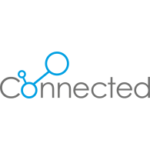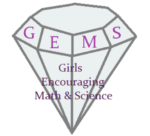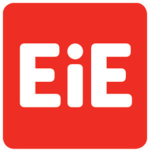STEM Curriculum
For units to have purpose, they need to grow as living documents. We encourage teachers to adapt these units and then come together and share their ideas and experiences towards this curriculum through the Knowledge Base of New Visions.
Online episode guides, question of the week, and do it yourself science demo activities.
Devoted to improving PreK-12 STEM learning, Change the Equation provides the latest in STEM research and articles, a STEM program database, as well as a comprehensive overview of each state’s progress in STEM education.
Teachers can use this website to create a portal for their classroom and implement it among students to give them more access to information and helpful curriculum.
Join the initiative to connect young people to after-school opportunities that inspire them to develop the importance science, technology, engineering and math skills they need to become the problem solvers of tomorrow.
It designs lessons around real-world industry themes, engaging students through both challenging academic and demanding instruction.
At Cool Science, we entertain questions of all kinds (Ask a Scientist). We encourage young scientists to get their hands dirty-virtually (Curious Kids). We offer high school and college students new approaches to cutting-edge science topics (BioInteractive). We provide educators with a host of innovative resources they can use in their classrooms (For Educators). We reveal what it takes to become a scientist (Becoming a Scientist). And we showcase an undergraduate science discovery project that may one day change the way science is taught (SEA).
The Dayton Regional STEM Center provides resources, curriculum, and innovative ideas to teachers for creatively implementing better STEM practices into their classroom.
Sponsored by the National Engineers Week Foundation, this site provides an overview of engineering career field. Contains video activities, games, and articles about engineering projects.
Provided by the National Center for Education Research, the goal of this practice guide is to formulate specific and coherent evidence-based recommendations that educators can use to encourage girls in the fields of math and science. The target audience is teachers and other school personnel with direct contact with students, such as coaches, counselors, and principals. The practice guide includes specific recommendations for educators and the quality of evidence that supports these recommendations.
Engineering is Elementary provides curriculum and professional development for teachers and parents to inspire their students to develop engineering literacy.
San Fransisco’s Exploratorium offers resources, tools, and projects that help ignite curiosity and learning in scientific fields.









